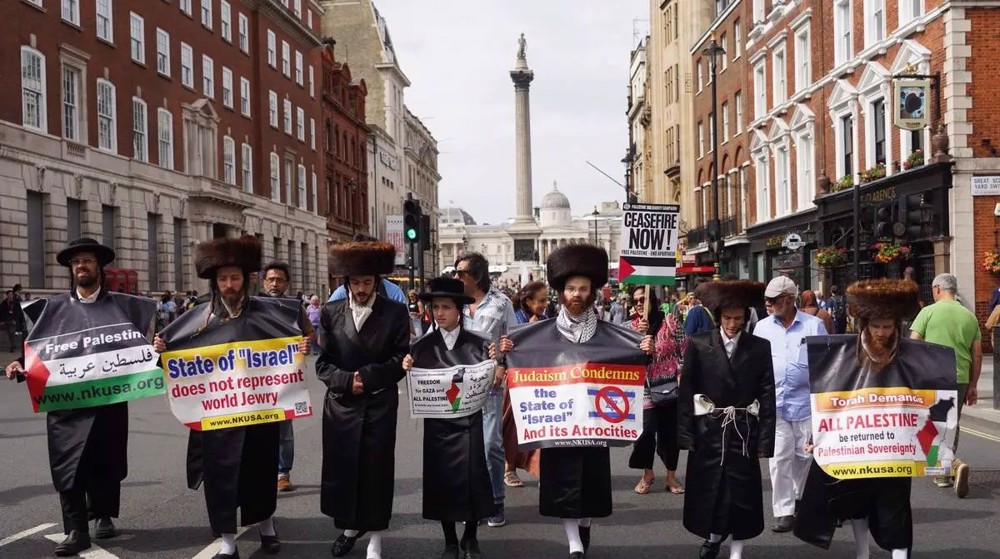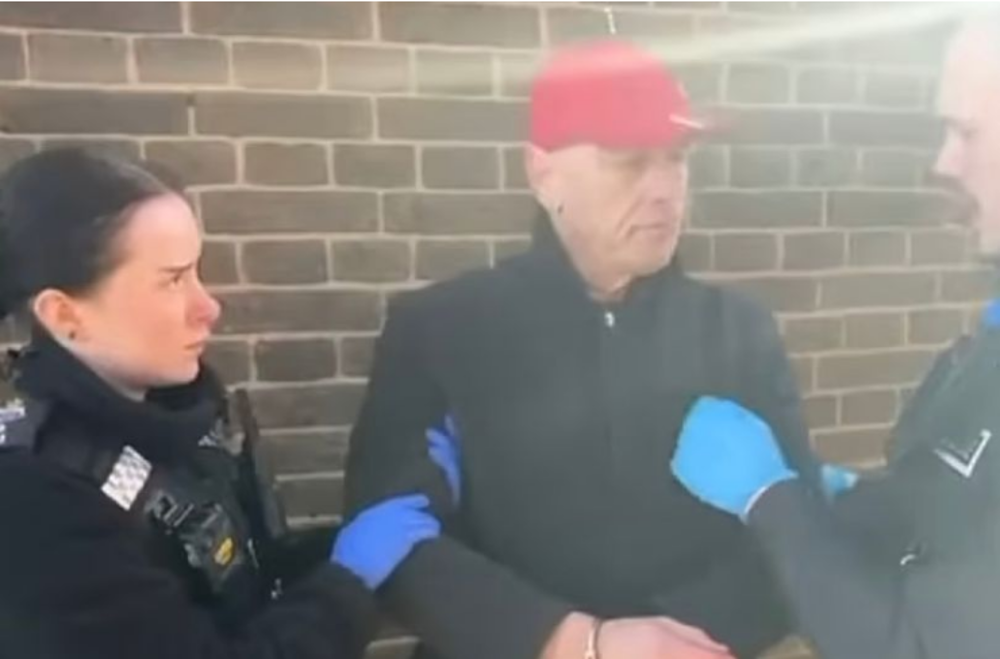‘UK councils to lose power of boycotting Israel’
The British government is set to take away a power of local councils, which allowed them to “boycott and sanction” foreign organizations or regimes such as Israel, UK media reports say.
The Department for Communities and Local Government (DCLG) has confirmed it is drawing up new guidelines to prevent local authorities from mounting their own “boycott and sanction” campaigns.
The directions, which will be issued early in the New Year, are expected to make clear that councils’ procurement and investment policies must be consistent with UK government foreign policy, the Guardian said Sunday.
“Councils should not be using pensions and procurement policies to pursue their own boycotts and sanctions against foreign nations,” a DCLG spokesman was quoted as saying in the report.
“We are tightening up the rules to ensure taxpayers’ and the UK’s interests are protected.”
The planned move comes against the backdrop of a growing international campaign against Israel over its policies against Palestinians.
The international movement known as Boycott, Divestment and Sanctions (BDS) is a global campaign which uses economic and political pressure on Israel to comply with the goals of the movement - the end of Israeli occupation and colonization of Palestinian land particularly through settlement constructions in the occupied Palestinian territories.
The movement against the Israeli regime began in July 2005 by over 170 Palestinian organizations, calling for “various forms of boycott against Israel until it meets its obligations under international law.”
More than half a million Israelis live in over 120 settlements built since Israel’s occupation of the Palestinian territories of the West Bank including East al-Quds (Jerusalem) in 1967.
BDS plans to widen its boycotts as tensions in the occupied territories have dramatically escalated in recent months due to Israeli regime’s imposition of restrictions in August on the entry of Palestinian worshipers into the al-Aqsa Mosque compound in East al-Quds.
Now political commentator Michael Aydinian says, "Once again we see how democracy is being usurped by outside forces. The Zionist way is to apply untold pressure at the highest level behind closed doors."
"The situation here is all about the disgraceful treatment of the Palestinians at the hand of the Israelis who are the occupying force. What's more, it's abundantly clear to free-thinking folk that Palestinians are suffering a fate worse than the South Africans did under the brutal Apartheid regime."
'Attack on Democracy'
Meanwhile, according to The Independent, UK councilors, lawmakers and a wide range of NGOs fear that the move, which they complain will be forced through the parliament without proper scrutiny, could prevent local authorities from refusing to trade with, or excluding from their pension fund portfolios, companies involved in the arms trade, fossil fuels, tobacco products and Israeli settlements in the occupied West Bank.
Andrew Smith of Campaign Against Arms Trade said this was a “direct attack on local democracy” with far-reaching implications for all campaign groups.
“Public money should be used for the public good, not to support destructive industries like the arms trade that profit from war,” he told the Independent on Sunday.
“The government is always stressing the importance of localism but this is a direct attack on local democracy and decision-making.”
The British government has also previously on different occasions drawn criticisms over pro-Israeli policies including the UK sales of weapons to Israel during the regime's wars against Palestinians.
Dozens of Palestinians killed in Israeli strikes since ceasefire deal
Top general: Enemy dares not cast hostile glance at Iran
South Korean president skips questioning for second day after arrest
IRGC captures 15 terrorists during drills in southeast Iran
Bright prospects of Iran’s energy portfolio
VIDEO | Iran and Russia's partnership agreement
VIDEO | California wildfires leave residents struggling with insurance gaps and housing shortages
Leader: Palestinian patience, resistance forced Israel to back down










 This makes it easy to access the Press TV website
This makes it easy to access the Press TV website